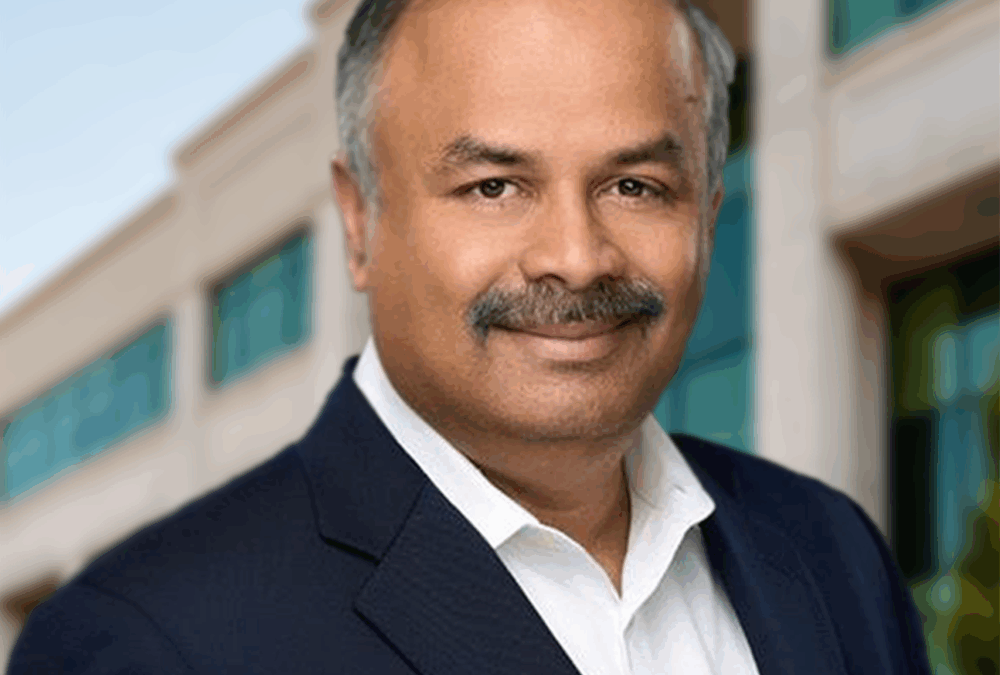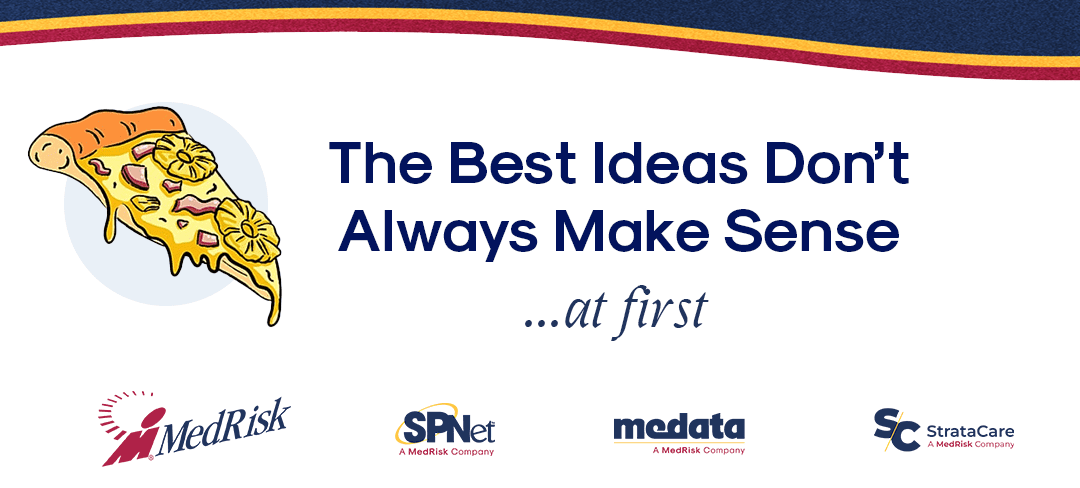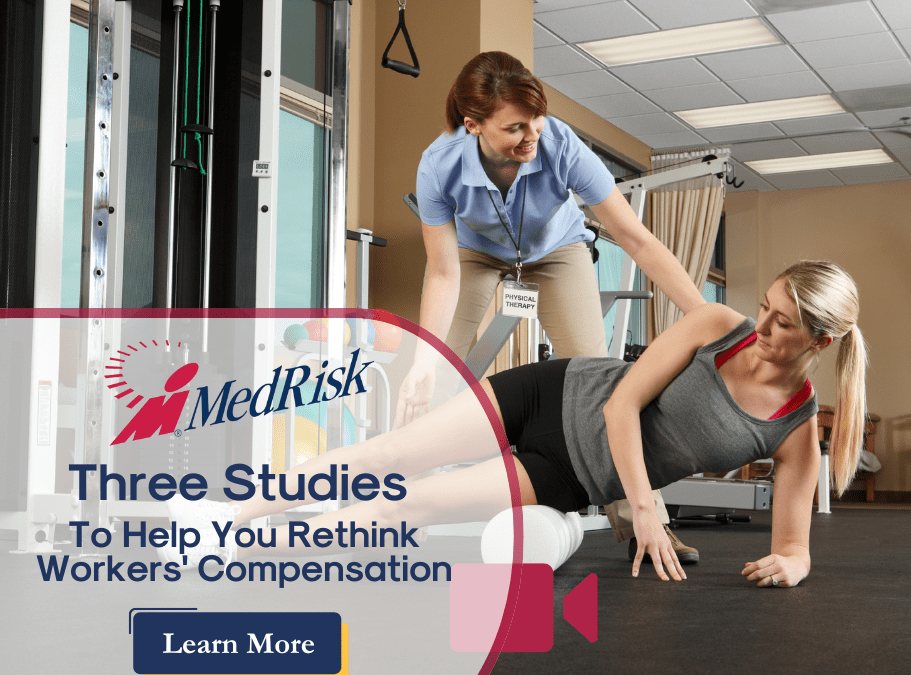
Protected: Provider Resource Guide
Password Protected
To view this protected post, enter the password below:

To view this protected post, enter the password below:

KING OF PRUSSIA, Pa., June 12, 2025 (GLOBE NEWSWIRE) — MedRisk, a leading managed care organization focused on improving recovery and cost outcomes in casualty claims, announced today the appointment of Satish Narayanan as Chief Data Officer (“CDO”). In this newly established role, Narayanan will lead the company’s enterprise data strategy, leveraging advanced analytics, artificial intelligence (“AI”), and automation to drive client value, improve patient outcomes, and enable smarter decision-making across the business.
Narayanan brings extensive experience leveraging data and technology to drive business growth from senior roles across the financial services industry. Most recently at TD Bank, Satish led the transformation of data and AI platforms, accelerating performance, enhancing customer experience, and strengthening regulatory reporting. His deep expertise in delivering business value, increasing operational efficiency, and prioritizing data privacy in highly regulated industries will be instrumental to advancing MedRisk’s strategic goals.
“Satish’s appointment marks an exciting milestone in our continued evolution as we work to enhance our use of data and AI,” said Sri Sridharan, Chief Executive Officer of MedRisk. “His leadership and expertise will help us expand our capabilities to create more intelligent, proactive, and efficient solutions for our clients and the patients they serve.”
“I’m impressed by the progress MedRisk has already made in harnessing the value of data for its clients,” said Satish Narayanan. “I’m excited to help unlock the full potential of data and AI to bring superior patient care, elevate end-user experience, and deliver best-in-class outcomes – all while continuing to build on MedRisk’s unique and powerful dataset.”
Narayanan’s appointment supports MedRisk’s broader strategy to integrate data, technology, and clinical expertise to improve the claims experience for all stakeholders including payers, providers, and patients. His leadership will also help accelerate the company’s investment in automation and decision intelligence to reduce friction and increase precision across the care and claims journey.
About MedRisk
Founded in 1994 and headquartered in King of Prussia, Pennsylvania, MedRisk was established with a mission to revolutionize physical rehabilitation for workers’ compensation patients. Over the last 30 years, the company has evolved into the nation’s leading managed care organization dedicated to faster recovery, smarter spending, and seamless payments for the casualty claims industry. For more information, please visit www.medrisknet.com or call 800-225-9675.

Kids’ Chance’s purpose is simple: give kids of workers who have been injured on the job a chance at a better future. It’s a purpose that they cannot fulfill without the support of a passionate community.
The 2025 Kids’ Chance National Conference brings that community together to empower our volunteers, recognize the support of our leaders and partners, and celebrate what matters most — our kids. MedRisk is proud to support Kids’ Chance mission and efforts in workers’ comp by being the signature sponsor of this year’s conference.
The organization gives the kids of workers who have been injured on the job a chance at a better future by providing scholarships and support. Cumulatively, Kids’ Chance organizations have awarded nearly 11,000 scholarships, totaling over $39 million dollars. To learn more about Kids’ Chance, visit our website at www.kidschance.org.

Chocolate and peanut butter. Oil and vinegar. Salt on caramel. Pineapple on pizza. At first, they seemed like strange combinations. But over time, they proved to be unexpected success.
But managed physical therapy and bill review?
In today’s workers’ compensation landscape, inflation, consolidation, and evolving billing practices are driving up duration of recovery and medical costs. The industry faces unprecedented challenges, but at MedRisk, we’re meeting them head-on with one clear goal: helping people recover and reach maximum medical improvement (MMI) faster, all while controlling costs.
How are we doing it?
Through our integration of Medata and StrataCare, we’ve built a deeply connected organization that delivers real, tangible solutions:
By combining expertise and innovation, we’re solving the industry’s toughest challenges and setting a new standard for both recovery and cost management.

Workers’ comp is changing, and with it comes a fresh perspective on injured workers. We have the opportunity to dive deeper into more of the real challenges and needs of employees on the road to recovery. This isn’t just a shift in perspective—it’s a chance to transform how we approach injury, treatment and long-term support.
We can obtain a broader, more insightful view of an injured worker’s recovery journey that goes beyond the injury itself. Social factors, mental health and economic pressures are increasingly shaping outcomes, impacting every step of recovery. With today’s data, we can even trace patterns in past treatments to anticipate future care needs or potential complications.
This holistic approach is opening new doors in our industry, and every new factor that data can reveal counts in helping employees heal and thrive.
Understanding factors like race and economic stability is becoming crucial to treating injured workers.
The Study: Recent research on new patients at a Level 1 trauma center orthopedic clinic highlights this reality: housing insecurity, limited access to transportation and financial strain all correlate with poorer physical and mental health outcomes. Social conditions are not just side factors, but rather central elements shaping recovery and injured workers’ overall well-being.
Key Takeaway: Financial hardship emerged as a powerful predictor of mental health struggles in these evaluations. Patients facing difficulties affording medications or lacking reliable transportation reported significantly higher distress levels. This link underscores how financial strain is not just a logistical barrier—it is a major contributor to mental health challenges that complicate the healing process.
What you can do: Practical solutions to overcome these social barriers could including ensuring that entitlement to supportive services and funds are communicated clearly. For example, stress can be reduced when services like transportation or translation are delivered or offered timely and effectively.
 Social determinants of health have a profound impact on recovery outcomes, even for highly specific procedures like rotator cuff repair (RCR).
Social determinants of health have a profound impact on recovery outcomes, even for highly specific procedures like rotator cuff repair (RCR).
The Study: A comprehensive review of 32 studies spanning seven countries and over 100,000 patients who went through RCR operations revealed how factors such as income, education and support systems can shape access to care and influence recovery.
Key Takeaway: In the review, patients facing these factors experienced higher rates of failed repairs, more frequent revision surgeries and a reduced ability to return to work.
What you can do: Recovery is not solely about medical treatment; it’s deeply intertwined with larger social conditions that exist outside the injury itself. Moving forward, these determinants should be identified and tracked to ensure we can fully understand their impact in worker’s comp.
Analyz ing past treatment outcomes can allow for new valuable insights into an injured worker’s risk for future complications.
ing past treatment outcomes can allow for new valuable insights into an injured worker’s risk for future complications.
The Study: A groundbreaking study analyzed more than 17,000 workers’ comp claims for knee surgeries conducted between 2007 and 2017, focusing on the experiences of injured workers who underwent arthroscopic meniscectomy (AM).
Key Takeaway: Results revealed that injured workers who underwent AM were more than twice as likely to need total knee arthroplasty (TKA) later on.
What you can do: Being proactive by identifying these critical predictors can allow all parties involved to craft more precise treatment plans, better optimize resource allocation and ultimate facilitate faster recoveries for injured workers.
Recognizing and addressing the social and economic challenges that injured workers face will be pivotal in the future of workers’ comp. It’s time for payers and providers to rethink their strategies and recognize that healing extends beyond the physical injury and instead encompasses the broader context of each worker’s life.
I started at MedRisk in the Provider Relations Inquiry department (now called CIT) as a temporary employee in November 2013. I became a permanent employee of MedRisk in March 2014. Shortly after, I became an Account Representative, helping to support our executive account management team and valued customers. During this time, I became more involved with a variety of client facing projects and meetings. I learned a lot about the organization as a whole and became more familiar with reporting and analytics. This made my transition into the IT world a little easier. In July 2015 I moved into a position as a Junior Process Engineer. I was able to build on my knowledge of the business from a more technical standpoint. I began looking more in-depth into processes and workflows. Ultimately, this opened up the door for me to move into the Supervisor of Data Analytics role and most recently the Manager of Data Analytics position. Each position I have held with MedRisk enabled me to continue to learn and grow within the organization. Experiencing multiple departments including operations, account management and IT has made me well-versed and given me the ability to continue to develop in my career.
When I was first hired it was the IT department's uniquely collaborative atmosphere that initially struck me. I felt welcomed. Every office door was wide open. There were groups of people writing on walls and exchanging ideas. Within that first month, our Director and CIO voluntarily stayed late with us while we tackled an urgent project. These demonstrations of teamwork resonated. I found this same collaborative spirit permeating throughout the entire organization when I was asked to supervise the Help Desk after my first year. We felt supported. I cannot stress how crucial MedRisk's, "we're-in-this-together" approach was to my team's overall success. I became a System Administrator two years later, a position I'd been working towards for my entire adult life. As rewarding as that is, it's the environment that fosters these uncontrived relationships I’ve built with colleagues and friends that makes it fulfilling. The first time I met our CEO she gave me an enthusiastic hug and thanked me for joining the team – even before asking me who I was or what I did!
Throughout the last 4 and a half years, MedRisk has provided me more opportunities than I could have imagined. I first stepped through these doors to begin my professional journey in a temp to perm role as an Advocate Admin. Not long after, I was promoted to a Customer Advocate. Along the way, I have built many relationships with our clients as I served as their go-to for providing status updates on their claimants’ treatment. Later that year, I was able to get more involved in the department as a Senior Customer Advocate by assisting with our Customer Advocate Support inbox and helping my co-workers as needed. One year after I started my permanent position, I was given the opportunity to step into a leadership role taking on a Team Lead position in Advocacy. I continued to further develop the necessary skills to be an efficient leader while managing a team of about 10-15 Advocates. Shortly thereafter, I was offered the position of Assistant Supervisor and within a couple of months was promoted to an Advocacy Supervisor. I spent about two years in the Supervisor role while leading a group consisting of Team Leads and Advocates. Last year, I was given the opportunity to transition into a Senior Supervisor position for the Advocacy Program which helped to further develop my leadership skills. I am thrilled to say that I have now transferred to the Human Resources department and have started a new role as a Human Resources Generalist. Although I have decided to go down a different path, I am looking forward to continuing my profession with this company. I can’t thank MedRisk and my managers enough for their continued support and assistance throughout my career.